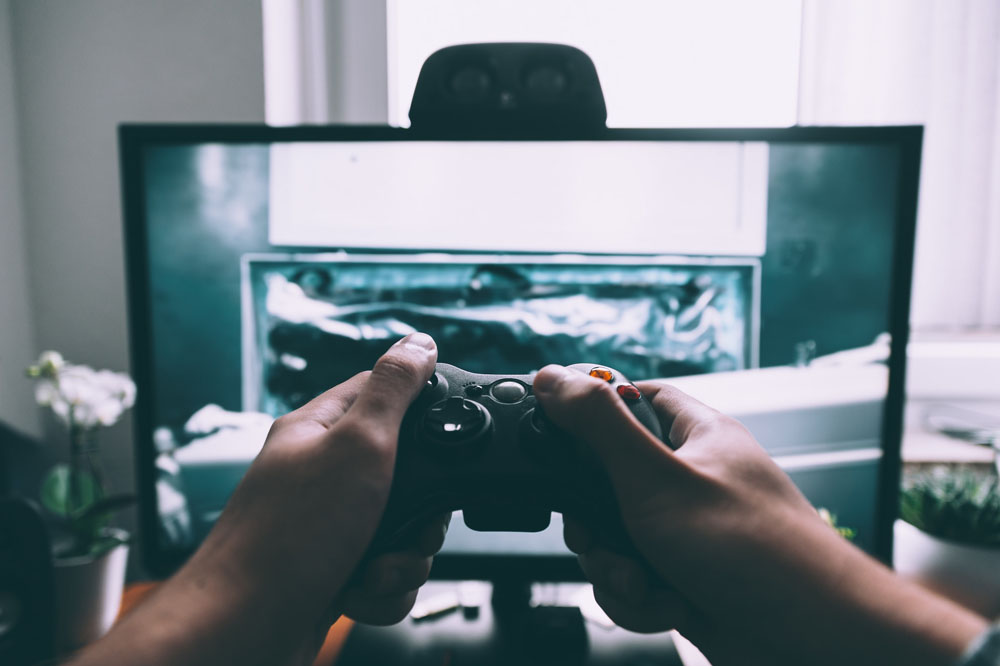By: Jonathan Pishner
When I mentioned in passing the other day that I treat video game addiction and porn addiction, the question came up:
“Wait, is that a real addiction?”
The short answer is yes.
The long answer is a little more complicated.
Being addicted to a behavior is known as “process addiction” or “behavioral addiction”. A process addiction is when a person becomes addicted to a behavior or an activity, instead of a substance. Any pleasurable activity can eventually become a process addiction.
Addiction is characterized by receiving pleasure in the behavior, by being unable to stop, and by continuing it despite negative consequences. Usually someone makes unsuccessful efforts to stop their addiction. We are most familiar with this in substances, but sometimes a person gets addicted to a pleasurable behavior that has nothing to do with substances.
Does that mean that you can become addicted to any activity?
Technically, yes. But you’ll notice that there are a few behavioral addictions that occur far more than any others:
- video game addiction
- porn addiction
- internet addiction
- gambling addiction
- binge eating addiction
- sex addiction
- shopping addiction
So, how can you get addicted to these behaviors?
Process addictions work differently than substance addictions, because you’re not adding a chemical to your body. However, some activities stimulate the production of chemicals in your brain that make you feel good. It turns out that you can get addicted to your brain’s own pleasure chemicals. So, you’re not getting addicted to an activity so much as you’re getting addicted to your body’s response to an activity.
Our current understanding is that the reason some activities tend to be more addictive is that they stimulate a massive production of dopamine in the brain. Dopamine is a chemical that makes a person feel good, and is directly related to how we learn, and how we feel “rewarded”. When you engage in the behaviors listed above, you get a large hit of dopamine, and you will tend to want to engage in them again. The larger the dose of dopamine you produce (the more pleasurable you find it), the more likely you are to seek it out again.
Just like other chemicals, you can build up a tolerance to dopamine. Current research suggests that as you engage in these behaviors more and more, your brain reduces the overall amount of dopamine produced, as well as reducing the number of dopamine receptors it keeps. That means that you have to seek out more and more extreme versions of the behavior in order to get the “high” you’re seeking. Depending on the behavior, this can mean larger binges of eating, more time intensive or realistic video games, or more intense or bizarre porn.
The good thing about behavioral addiction is that it is less permanent than substance addiction. The evidence suggests that a person can “reboot” their dopamine system by abstaining from the behavior for a period of time. The current research suggests that it takes about 90 days of abstinence for the brain to recover and begin functioning normally again.
So if you’re struggling with behavioral addiction, that is your first goal: 90 days of abstinence to allow your brain to reset. This doesn’t fix everything, but it is a very good start.
What can you do if you, or someone you care about, had a behavioral addiction?
If you can’t stop on your own, you may need the assistance of a counselor to stop. Many people mistakenly think that they’re weak or defective if they can’t stop using video games, or porn, or some other behavior. If you can’t stop, it doesn’t mean you’re weak. It means you need knowledge and skills you don’t yet have.
Our brains are not designed to handle realistic video games, instant access to sex, or the immediate ability to purchase on a whim. And because of this, many people fall into these traps and can’t get out. A trained counselor can help you identify the things you need in order to finally stop these behaviors and get back in control of your life.
Photo: Gaming Console TV by Informedmag / is licensed under CC BY 2.0
Give us a follow
